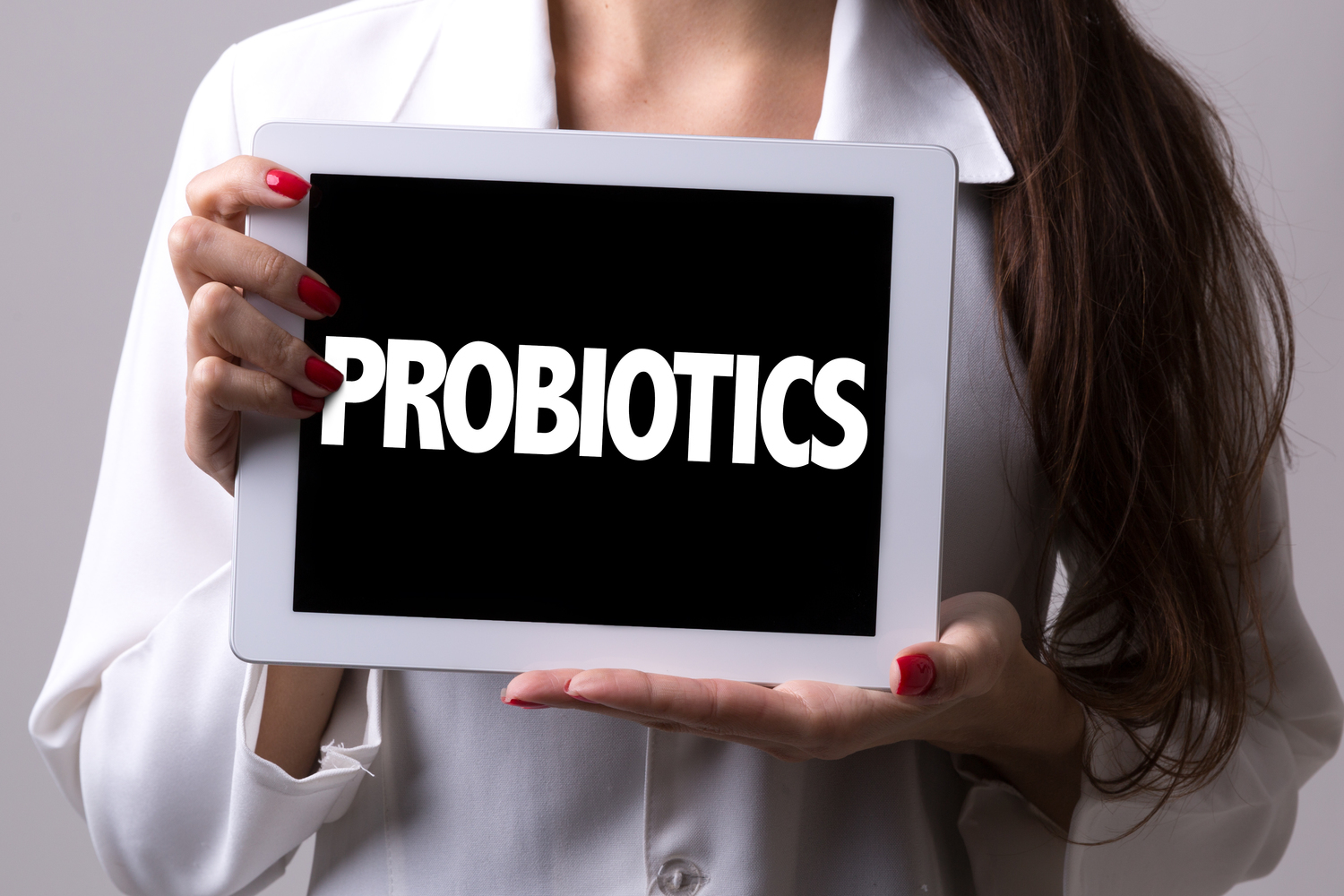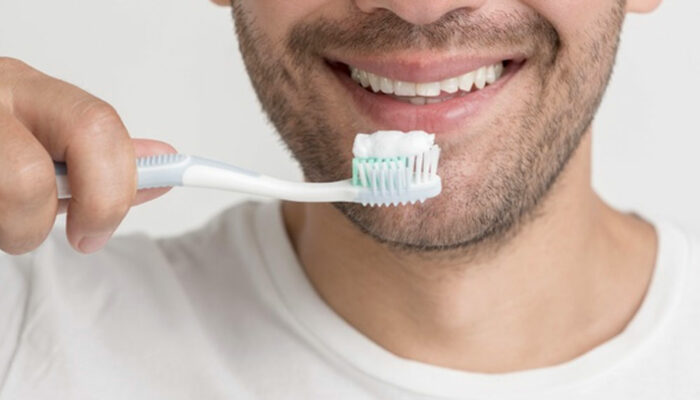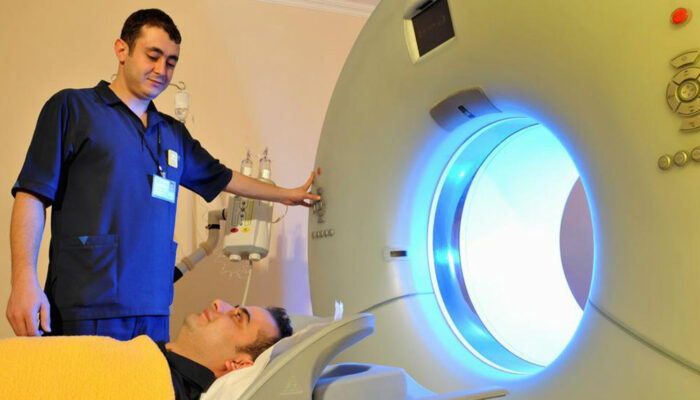
The Health Benefits of Taking Probiotics
Probiotics are an important part of a healthy diet. These substances are most easily defined as edible microorganisms which confer health benefits on their hosts after ingestion. Different probiotics can provide benefits to almost every part of the body. One can understand this easier by focusing on the most significant areas. This can be expanded further by considering the role of prebiotics in one’s overall health:
1. Probiotics improves gut health
It’s important to consider the role of probiotics on digestion. Likewise, the role of digestion on probiotics. First, the microbiome refers to a system of beneficial microorganisms in the gut. In nature many animals rely on their microbiome to digest food. For example, termites can’t digest wood. They eat wood which is digested by their microbiome. This converts the material into something the termite can use. Likewise humans first need to feed their microbiome with prebiotics. This is essentially food for the microbiome and the probiotics people take in. It can be framed as probiotics vs. prebiotics in one’s body. But humans, probiotics and prebiotics form a miniature ecosystem which exists in full harmony when properly taken care of. When this balance is kept in mind than one will be able to enjoy a far wider amount of food without any discomfort.
2. Probiotics improves bowel movements
Consider the earlier example of food digestion. The next stage of improved digestion is improved removal of toxins or unusable material. This process is why probiotics are often held up as a cure for issues related to the bowels. It helps one stay regular and makes the overall digestive and excretion process far easier on the body as a whole.
3. Probiotics protects the heart
Probiotics can help protect the heart through a number of different mechanisms. One of the most important ways they protect the heart is by breaking down bile in the gut. Bile is a naturally occurring fluid which is mostly made up of cholesterol. Probiotics break down bile which would otherwise find its way into the bloodstream as unhealthy LDL cholesterol. By doing so it increases the ratio of HDL, or good cholesterol, to bad LDL.
4. Probiotics ease depression
The link between the microbiome and mind is extremely complex. However, one can consider that microorganisms in the gut all operate with their own needs. These needs are in line with the hosts own physical needs. As such, when the microbiome is healthy and well fed they can make that known to the human brain by releasing substances which act as neuropeptides. Basically, these are chemical messages from gut to brain which signal that one’s internal health is good. This has been proven to increase overall mental health and decrease symptoms of depression.
5. Probiotics reduces allergies
Probiotics can help with allergies. However, it’s important to keep in mind that the term allergy refers to a large number of often quite distinct issues. However, there’s considerable evidence that probiotics can dramatically reduce seasonal allergies. These are the allergies which come about in large part as a response to pollen. It’s important to keep in mind that this won’t cure seasonal allergies. However, reduction in symptoms is about as close to a cure for it as one could hope for. There’s even some evidence that a nursing mother might be able to pass this specific benefit of probiotics to her baby.



